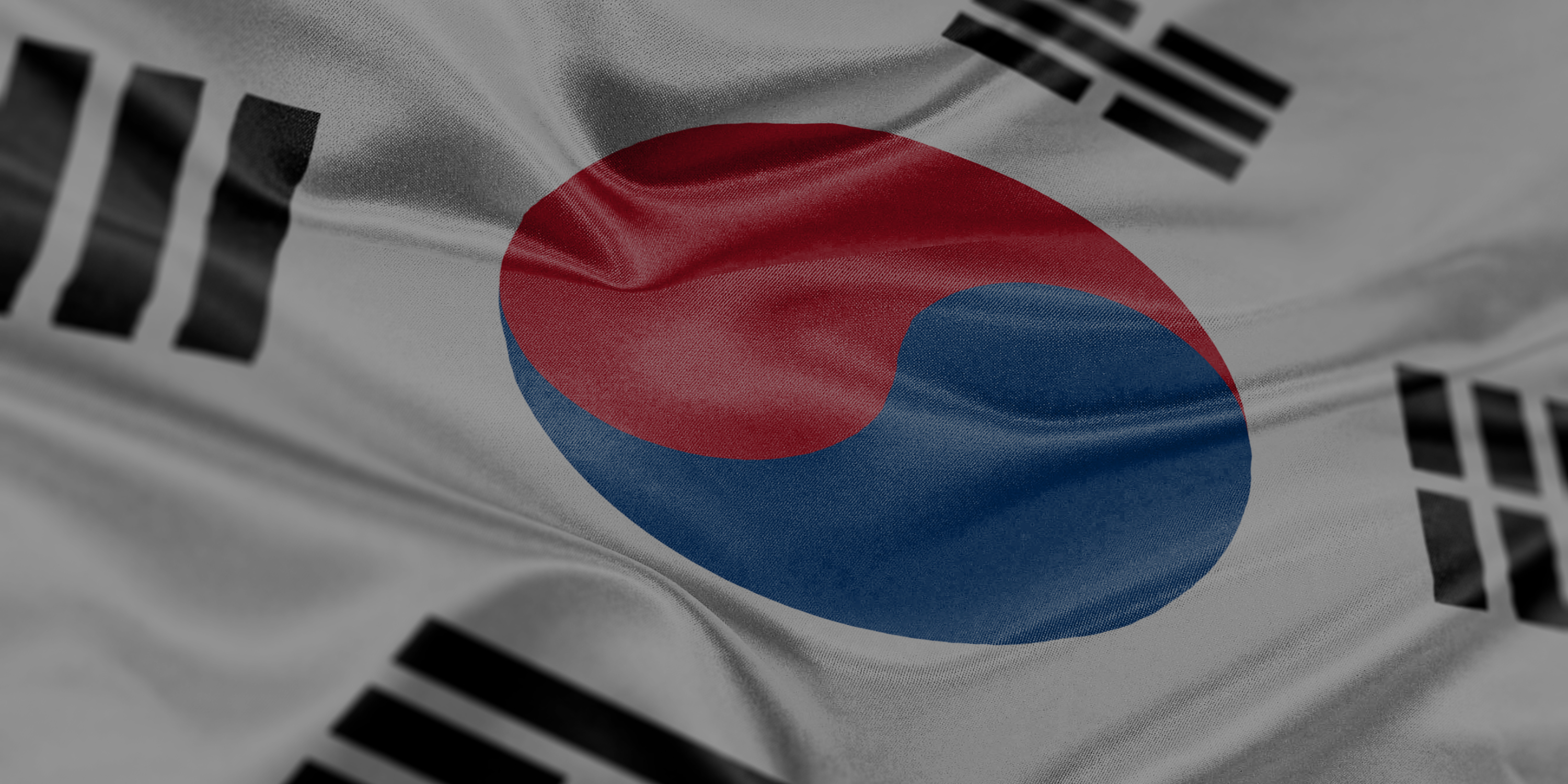In this paper, CEIAS authors aim to evaluate the current state of play of Slovakia’s relations with the three Northeast Asian democracies – South Korea, Japan, and Taiwan. To this end, the publication focuses on three distinct aspects of mutual relations – political, economic, and people-to-people relations. While the analysis of relations focuses especially on the past decade (2010-2020), it goes even beyond that when necessary. Based on the evaluation of the past relations, we offer several recommendations for policymakers both in Slovakia, as well as in South Korea, Japan, and Taiwan, which aim at moving the relations to a new level of mutually beneficial cooperation.
Recommendations
- The Government of the Slovak Republic should identify key issues for cooperation with South Korea, Japan, and Taiwan and focus on their development in the long term. It should do so through specific projects, whether it is R&D in three key industries (automotive, engineering, electric engineering), the development of transport infrastructure, or (green) energy cooperation. Drafting an Asia-Pacific strategy would be a helpful tool to achieve this.
- The importance of Northeast Asian companies, especially those from South Korea, operating in Slovakia needs to become a subject of public discussion. Increased recognition of these benefits by the public can help to further improve the public perception of Northeast Asian countries and act as a driver for engaging in new cooperation projects.
- Slovak companies have so far not been very active in the region of Northeast Asia. The Slovak government could organize visits of political representatives accompanied by representatives of different Slovak companies. There are cooperation opportunities in ICT, blockchain technologies, cybersecurity, waste management and recycling, green energy, transportation, and the automotive industry.
- Slovakia’s export to South Korea, Japan, and Taiwan remains rather low. A sudden increase in exports to South Korea in 2019 suggests that an increased number of political visits, which were accompanied by Slovak business representatives has a positive impact on Slovakia’s trade balance. This is a trend that the Slovak government should continue.
- Slovakia’s public diplomacy in Northeast Asia should be strengthened. Various cultural events like festivals and movie screenings have proven to be a useful tool in improving Slovakia’s recognition among the Northeast Asian public. When it comes to the country’s presentation, not only traditional aspects of Slovak culture should be presented. Emphasis should be given also to presenting Slovakia as a country of talents and innovation. At the same time, it must be added that this must be accompanied by our own efforts to achieve such a state.
- Cooperation between the private and academic sectors between countries needs to be intensified. In this way, it will be possible to identify areas or specific projects with the potential to develop not only political or interpersonal but especially economic relations.
- Slovakia needs to develop domestic expertise in Northeast Asian affairs, which it is currently lacking. Local experts should be trained not only in language but also in the political and economic affairs of the region.
- Although Slovakia is following the “One China Policy” and does not have official diplomatic relations with Taiwan, it should continue supporting Taiwan’s meaningful participation in multilateral fora, especially where Taiwan’s participation is important to the Slovak, EU, and global interests.
- Slovakia thus should come up with its own clear definition of what it considers as suitable and unsuitable actions under the “One China Policy”.
- The Slovak government should actively participate in policymaking on the EU level regarding Northeast Asia. EU is an important tool for Slovakia to mitigate the negatives of power asymmetry Slovakia faces in Northeast Asia.










